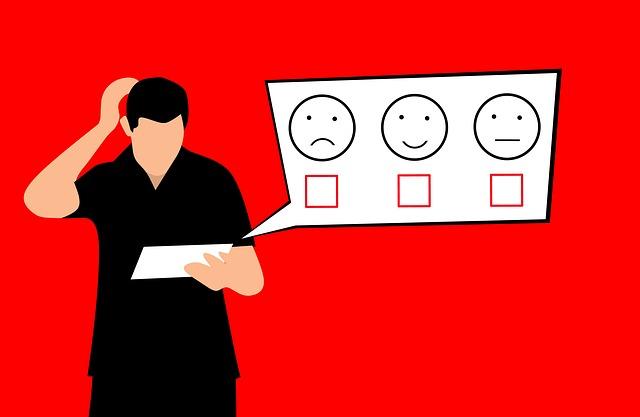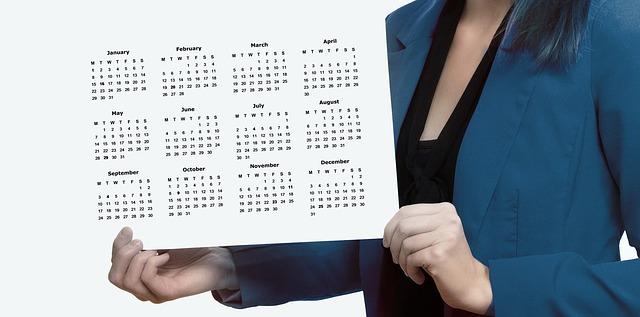What’s Ruining Your Nonprofit Marketing and Fundraising?
There’s something killing your nonprofit’s marketing and fundraising.
Corrupting. Sullying. Debasing. Adulterating.
Yup, yup, yup, yup.
A silent killer. Insidious.
Know what it is?
I’ve crafted a two-part series of articles to tell you not just what it is, but also how to stop it from happening.
Before I tell you, think about this for a moment.
What’s holding you back?
Why aren’t you able to be more effective when it comes to raising both awareness and money?
I know you try. A lot.
But the progress just seems so incremental. Or, even worse, non-existent.
What’s the deal?
I’m going to give you both an answer, and a solution. But first…
Details






